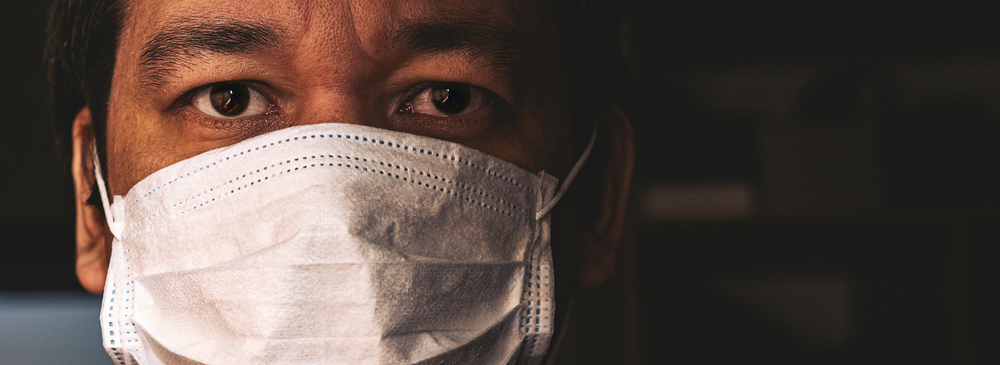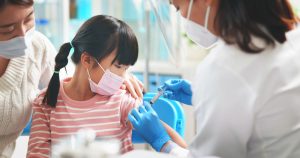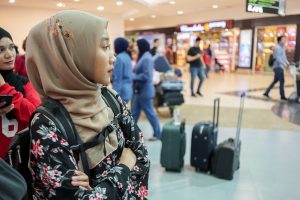“I had fever, could not taste, nor smell anything, and had difficulty breathing – it felt like I was underwater”, said Kenneth, 32, a Singaporean, recounting his first COVID-19 infection back in early September 2020. Imagine his shock when he received the results of his positive PCR test just about 120 days shy of his recovery.
He got COVID-19 for the second time. It was a routine test done on 29 January 2021, upon completion of his 2 week quarantine after returning from Myanmar for work. In his electronic correspondence with Medical Channel Asia on how he was feeling this time, Kenneth plainly replied, “I feel perfectly fine.” He had been and still is asymptomatic.
We cannot deny that COVID-19 reinfection is becoming a reality. After the first case reported in Hong Kong back in August 2020, Kenneth’s case came just a few days after Singapore’s first reported re-infection on 25th January 2021.
His first-brush with COVID-19
On how Kenneth got infected the first time, he was sure he got it from a colleague.”Half of us had the same symptoms, and so did their partners. We were only 20 in the office,” he said. And due to the lack of test kits available, a formal diagnosis was not made. “Health care is poor in Myanmar, at least in my experience”, Kenneth added. “I stayed home, and bought groceries and other necessities via contactless delivery”. All symptoms subsided after 2 weeks and he spent another two weeks under quarantine with his doctor’s advice.
His second time with COVID-19
Currently in Bright Vision Hospital, Kenneth claimed that this second reinfection is a tougher experience. “Being admitted and losing so much of my time when I do not feel any symptoms at all”. Studies have suggested that reinfection is usually less severe, with one-third of patients showing symptoms, as compared to 78% for first infection. However, there have still been cases where reinfection caused much more debilitating symptoms.
With regards to how he got COVID-19 the second time, Kenneth believes that he contracted it in Myanmar where cases were averaging by the hundreds during January. Reinfection can be caused by a new viral strain, or the same strain, if there isn’t a good immune response. Your chance increases also depending on social factors like being in high-risk jobs. Travel also results in exposure to a highly variable group of people.
Will he still take the vaccine?
With vaccine administration gaining foothold around the world, the question arises. Do people who have been infected still need the vaccination? The Centers for Disease Control and Prevention maintains that vaccination is still recommended considering possibility for reinfection.
“I will still get the vaccine but I’m not sure if I believe in its efficacy,” says Kenneth, typical of the majority with apprehension towards it. But the World Health Organisation stands by its recommendation that if newer strains causing reinfection are of concern, the currently available vaccines should still be taken. It may be less effective in protecting against new strains of the virus, but may reduce the severity of infection. It may also still help in reducing the transmission of the newer variants.
For now, do continue to practice safe-distancing, and good personal hygiene. The virus will stay if our habits don’t change.












